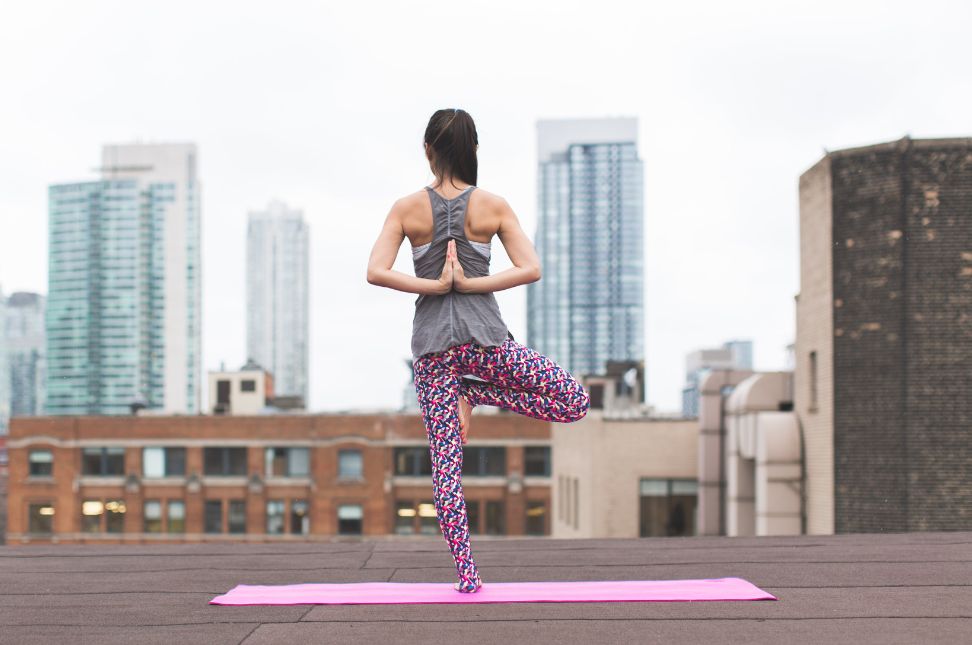Achieving your physical fitness goals requires more than just exercise; it demands a balanced and nutritious diet. The food you consume plays a pivotal role in fueling your workouts, aiding muscle recovery, and supporting overall health. By adopting smart nutrition strategies tailored to your physical fitness goals, you can optimize your performance and achieve desired results effectively.
1. Prioritize Protein Intake
Protein is essential for muscle repair and growth, making it crucial for anyone striving to enhance their physical fitness goals. Aim to include a source of lean protein, such as chicken, fish, tofu, lentils, or Greek yogurt, in every meal. This will provide your muscles with the building blocks they need to recover and become stronger.
2. Fuel with Complex Carbohydrates
Carbohydrates are your body’s primary source of energy, especially during intense physical activities. Opt for complex carbohydrates like whole grains (brown rice, quinoa, oats), fruits, and vegetables. These foods release energy slowly, helping to sustain your workouts and prevent energy crashes.
3. Don’t Forget Healthy Fats
While it’s important to monitor fat intake, incorporating healthy fats into your diet is beneficial for physical fitness goals. Foods rich in omega-3 fatty acids, such as salmon, flaxseeds, and walnuts, support joint health and reduce inflammation, aiding in recovery from strenuous workouts.
4. Stay Hydrated
Hydration is key to optimal physical performance. Water regulates body temperature, transports nutrients, and flushes out toxins. Ensure you drink enough water throughout the day, especially before, during, and after workouts, to support your physical fitness goals.
5. Time Your Meals
To maximize the benefits of nutrition for your physical fitness goals, pay attention to meal timing. Fuel up with a balanced meal containing protein and carbohydrates 2-3 hours before exercising. After workouts, consume a combination of protein and carbohydrates within 30-60 minutes to aid muscle recovery.
6. Include Nutrient-Dense Foods
Focus on nutrient-dense foods that provide a wealth of vitamins, minerals, and antioxidants. Leafy greens, berries, nuts, seeds, and colorful vegetables should feature prominently in your diet. These foods not only support your physical fitness goals but also promote overall health and well-being.
7. Monitor Portion Sizes
While quality matters, so does quantity. Be mindful of portion sizes to avoid consuming excess calories that could hinder your progress towards physical fitness goals. Use smaller plates, listen to your body’s hunger cues, and aim for balanced meals that satisfy without overindulging.
Conclusion
Nutrition is a cornerstone of achieving and maintaining your physical fitness goals. By fueling your body with a balanced diet rich in protein, complex carbohydrates, healthy fats, and essential nutrients, you provide your muscles with the support they need to perform optimally and recover effectively. Remember, consistency is key. Adopting these nutrition tips alongside a regular exercise regimen will empower you to reach and surpass your physical fitness goals. Embrace these dietary guidelines as part of your lifestyle, and witness the transformative impact on your overall health and well-being. Here’s to achieving your physical fitness goals through the power of smart nutrition!




